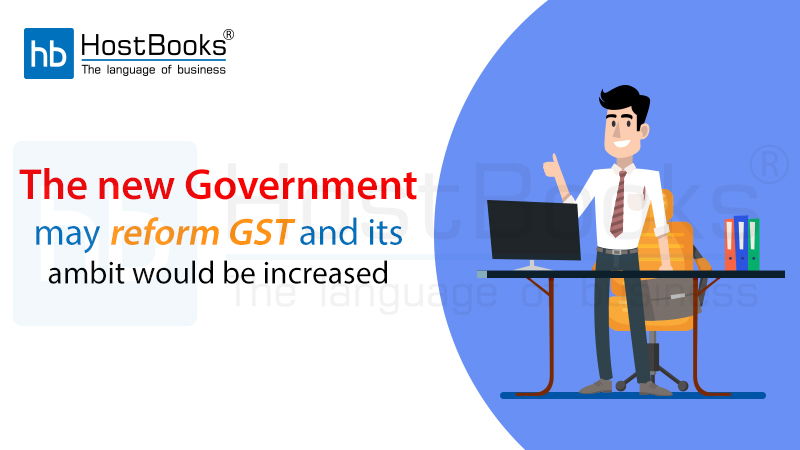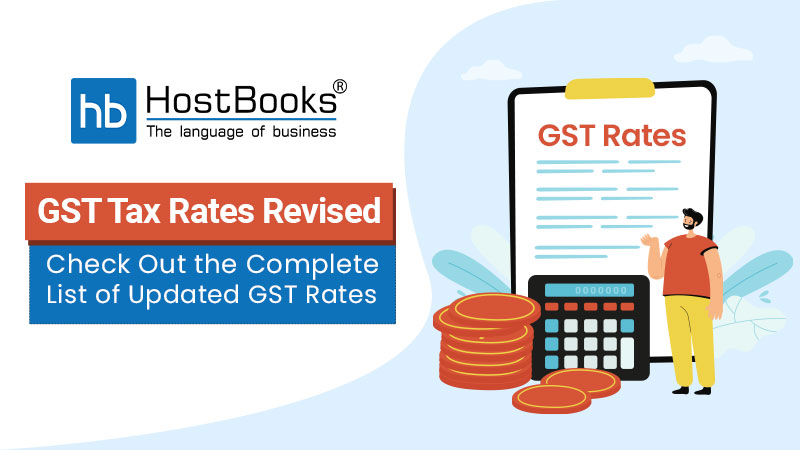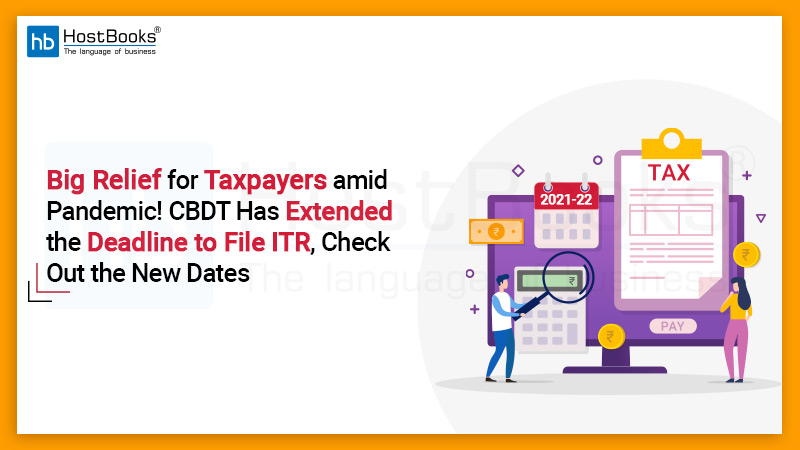The Ground Running on The Reformation of GST Would Be Hit by The New Government

Source: The Economic Times
In the current scenario, lots of items, are outside of the GST circumference. And, the new Govt. must improve its coverage.
GST will require adequate attention from the next new government. First, GST must improve its ambit. Presently, real estate and electricity are outside of its circle. While the Centre and states have decided to delay bringing petroleum formally under GST, they have agreed to continue levying excise and value-added tax (VAT) duty as levied earlier on it. There is a case for bringing Aviation Turbine Fuel (ATF) and natural gas under the GST structure. The implications of revenue for the states are not very important, and the result is confined to a few states.
Second, the real estate should also be brought under GST administration. Presently, only the construction segment is subject to it. While to cover the entire value chain, GST needs to cover the land, construction of buildings and sale of completed constructions as well.
There is now a immense consensus that including land and real estate does not require a complicated constitutional amendment and that the ‘right to use’ land and the construction and sale of the constructed property can all be considered as ‘deemed supply of services’. This measure can bring a negative impact to black money generation and clean up the land market. Since input duty credit would largely nullify the payment of GST on the output duty services, there may not be any significant revenue profit on the GST side, however, it will increase revenues of direct taxes.
Another field that should be brought under GST to boost the manufacturing sector is Electricity. There is a misconception that doing so would result in an increment of power tariffs. While, on the contrary, it would help to offset duties levied on capital goods and input goods and input services. In the case of a supply of electricity, the embedded taxes account for a significant percentage (about 8%) of the tariff value, largely because of taxes on raw materials (coal and renewable energy) and other similar equipment, such as solar panels and batteries. But, this may cause a good loss of revenue to the states. However, this would be a very small price to pay to make the Indian manufacturing sector more efficient and competitive.
Expanding the GST taxable base would also make the task of rate rationalization much easier. According to suggestions made in his GST report by the former Chief Economic Adviser Mr. Arvind Subramanian, “it is possible to alter the present five tax rate structure under GST into a three tax rate administration by merging the 18% and 12% slabs into a single 16% duty slab. We could then have a simple rate structure of 0%, 5%, 16% and 28% including Cess. Once the revenue is fetched, the Cess could be easily phased away, and a 40% duty rate put in place for defective goods. A single-rate GST structure is a utopian idea. It would require raising the duty rate on a number of merit goods that are presently levied at 5% to the standard rate”.
Issues pertaining to procedural complexity need to be addressed. ‘Ease of doing businesses includes ease of paying taxes. Once invoice matching is introduced, it may be quite unavoidable to revisit the decision to generate an e-way bill. The new government should also revisit the present dispute resolution system. The most important field of improvement is to take out minor offenses from the domain of disputes by listing them, and levying administrative fines in place of penalties.
In conclusion, a new institution to address the institutional void at the state level should be created. A separate GST secretariat is needed in every state to address the everyday non-policy issues relating to GST. This forum shall be eligible to bring central and state officials together to hear grievances of trade and industry. This must be a registered body with a dedicated secretariat, much like the present empowered committee of state finance ministers.

Try HostBooks
SuperApp Today
Create a free account to get access and start
creating something amazing right now!

















